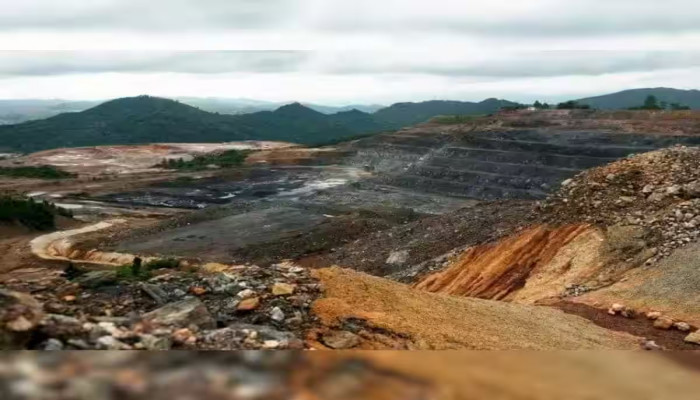Central government passes new mines and minerals bill to boost critical minerals exploration and mining
- In Reports
- 11:33 AM, Aug 03, 2023
- Myind Staff
On Wednesday, the Union Government passed the Mines and Minerals (Development and Regulation) Amendment Bill, 2023 seeking to bring significant reforms in the mineral sector. The proposed amendments are intended to boost the exploration and mining of key atomic minerals, including lithium, and deep-seated minerals essential for economic growth and national security. This action aligns with India's pledge to make the energy transition and achieve net-zero emissions by 2070.
The bill was passed by Rajya Sabha by a voice vote after Lok Sabha passed it on July 28. It has amended the Mines and Minerals (Development and Regulation) Act, 1957.
The opposition staged a walkout during the bill's consideration in order to seek a discussion about the situation in Manipur and a statement from Prime Minister Narendra Modi. The bill was moved by Minister of Coal and Mines Pralhad Joshi.
One of the major reforms proposed in the Mines and Minerals Amendment Bill, 2023 is the introduction of an exploration license specifically for critical and deep-seated minerals. The exploration permit will be awarded via auction and will enable the licensee to conduct reconnaissance and prospecting operations for the minerals included in the recently proposed Seventh Schedule to the Act. In particular, it is difficult and expensive to look for and mine deep-seated minerals like diamonds, copper, zinc, lead, nickel, gold, silver, cobalt, and platinum group minerals.
To encourage private sector participation in mineral exploration, the exploration agency will be entitled to a share in the auction premium payable by the mining lease holder. This reform aims to reduce India's dependence on imports of these critical minerals and facilitate domestic production.
The bill also removes certain minerals from the list of atomic minerals – lithium, beryllium, titanium, niobium, tantalum, and zirconium, which are technology and energy critical and have their use in the space industry, electronics, technology and communications, energy sector, electric batteries; and are critical in net-zero emission commitment of India, the ministry of mines said in a statement.
“Demand of minerals like lithium used in lithium-ion batteries is likely to increase manifold as the focus shifts towards clean energy. Currently, the country is dependent on imports for most of these important minerals as there is not much exploration or mining of these minerals due to existing legal provisions. These minerals have high economic importance and considerable supply risk due to geo-political uncertainties,” it added.
Currently, their exploration and mining are reserved for government entities due to their inclusion in the list of atomic minerals. By removing them from the list, exploration and mining of these minerals will be opened up for the private sector, which is expected to significantly increase production and reduce dependency on imports.
In his reply to the discussion on the bill, Joshi said the minerals are needed to build a new, modern India, and for the country to become a developed nation by 2047 (the centenary of India’s independence). He said India had been importing the minerals despite its rich, natural resources because of policy paralysis, corruption, and nepotism in the past.
The Mines and Minerals (Development and Regulation) Amendment Bill, 2023 represents a significant step towards boosting the exploration and mining of critical minerals in India. The central government wants to attain self-sufficiency, foster economic growth, and bolster national security, thus it is promoting private sector involvement and easing limitations on specific minerals. Currently, the proposed Bill is pending consideration and approval in Parliament, where MPs will weigh the potential impact on the nation's mining industry and the overall economy of the country.
Image source: Reuters







Comments